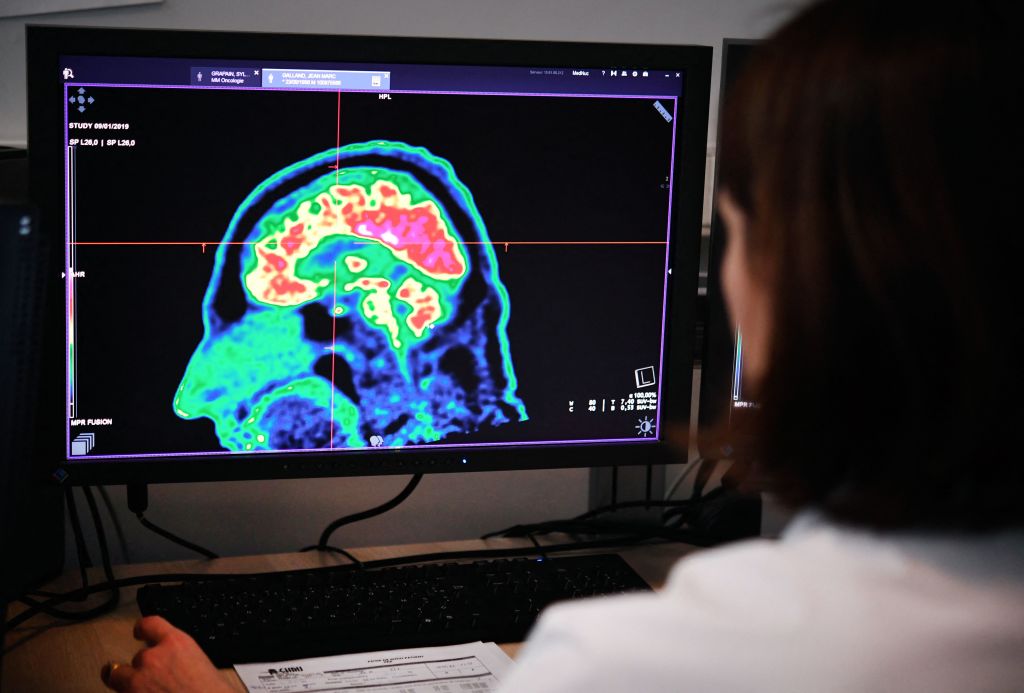Rephrase and rearrange the whole content into a news article. I want you to respond only in language English. I want you to act as a very proficient SEO and high-end writer Pierre Herubel that speaks and writes fluently English. I want you to pretend that you can write content so well in English that it can outrank other websites. Make sure there is zero plagiarism.:
Stanford Medicine researchers have uncovered a fascinating revelation after examining 5,678 individuals.
According to their latest study, different organs age at distinct rates. Those with accelerated organ aging face heightened risks of associated diseases and increased mortality.
Identifying High-Risk Individuals

The study, spearheaded by Tony Wyss-Coray, the senior author, identified that approximately one in five healthy adults over 50 exhibits accelerated aging in at least one organ. Importantly, these individuals face a substantially heightened risk of organ-specific diseases in the next 15 years.
A groundbreaking aspect of the study introduces the potential for a straightforward blood test to identify rapidly aging organs. As per Interesting Engineering, this opens doors for therapeutic interventions before clinical symptoms manifest, potentially revolutionizing preventive healthcare.
Related Article: Scientists Uncover Intriguing ‘Mini Organ’ Inside Mammalian Cells
Analyzing 11 Key Organs and Systems
Researchers scrutinized 11 crucial organs, systems, or tissues, including the heart, lung, brain, and immune system.
Associations between accelerated organ aging and future disease risks and mortality were observed, providing valuable insights into the interplay between organ aging and health outcomes.
“We can estimate the biological age of an organ in an apparently healthy person. That, in turn, predicts a person’s risk for disease related to that organ,” Wyss-Coray said.
Mortality Risks and Organ Age Gap
Startlingly, individuals with two organs undergoing accelerated aging had a mortality risk 6.5 times higher than those without pronouncedly aged organs. The study underscores the critical link between organ aging and overall mortality risk.
To unravel potential markers of organ-specific health, researchers analyzed protein levels in the blood of 1,400 healthy individuals aged 20 to 90. Employing a machine-learning algorithm, they pinpointed proteins strongly correlated with accelerated biological aging in specific organs.
Age gaps in 10 organs, excluding the intestine, were significantly correlated with a 15-year risk of death from all causes. Accelerated aging in the heart, brain, kidneys, and more was linked to higher mortality risks, along with specific health conditions such as heart failure, cognitive decline, and hypertension.
Implications for Early Intervention and Disease Prevention
The study’s findings offer a profound shift in perspective, indicating the potential for early detection and intervention in seemingly healthy individuals.
Monitoring organ health could provide crucial insights into disease risks and offer new avenues for developing targeted therapeutic interventions.
Published in the journal Nature, the peer-reviewed study paves the way for a transformative understanding of organ aging, heralding a new era in proactive healthcare strategies.
In another Stanford study, researchers have unveiled that a person can boost cardiovascular health within eight weeks on a vegan diet.
Surprisingly, if you’re on this type of diet, you would want to stay healthy as much as possible. Bad cholesterol levels will decrease, and your risk of getting diabetes will decline.
Read Also: 3D Eye Scans Can Detect Early Signs of Kidney Diseases, Study Shows
ⓒ 2023 TECHTIMES.com All rights reserved. Do not reproduce without permission.





